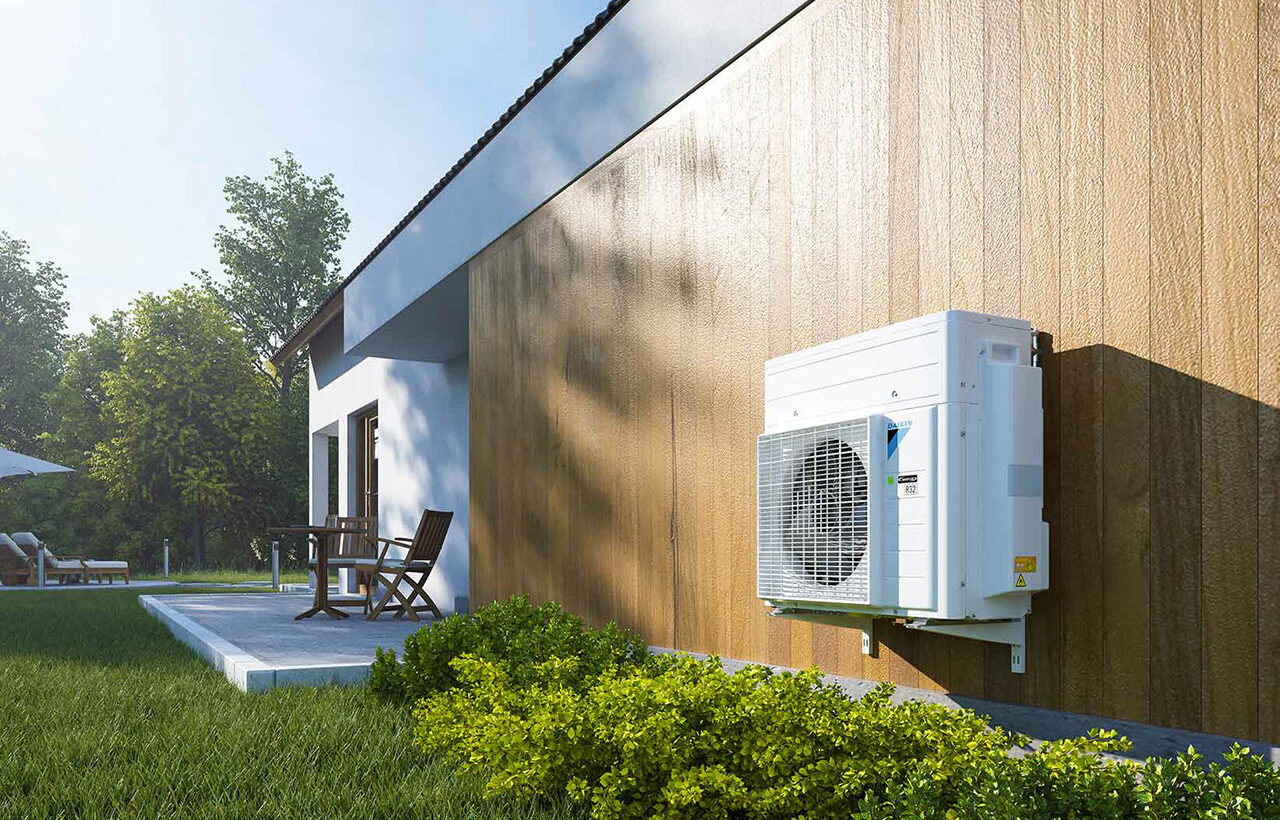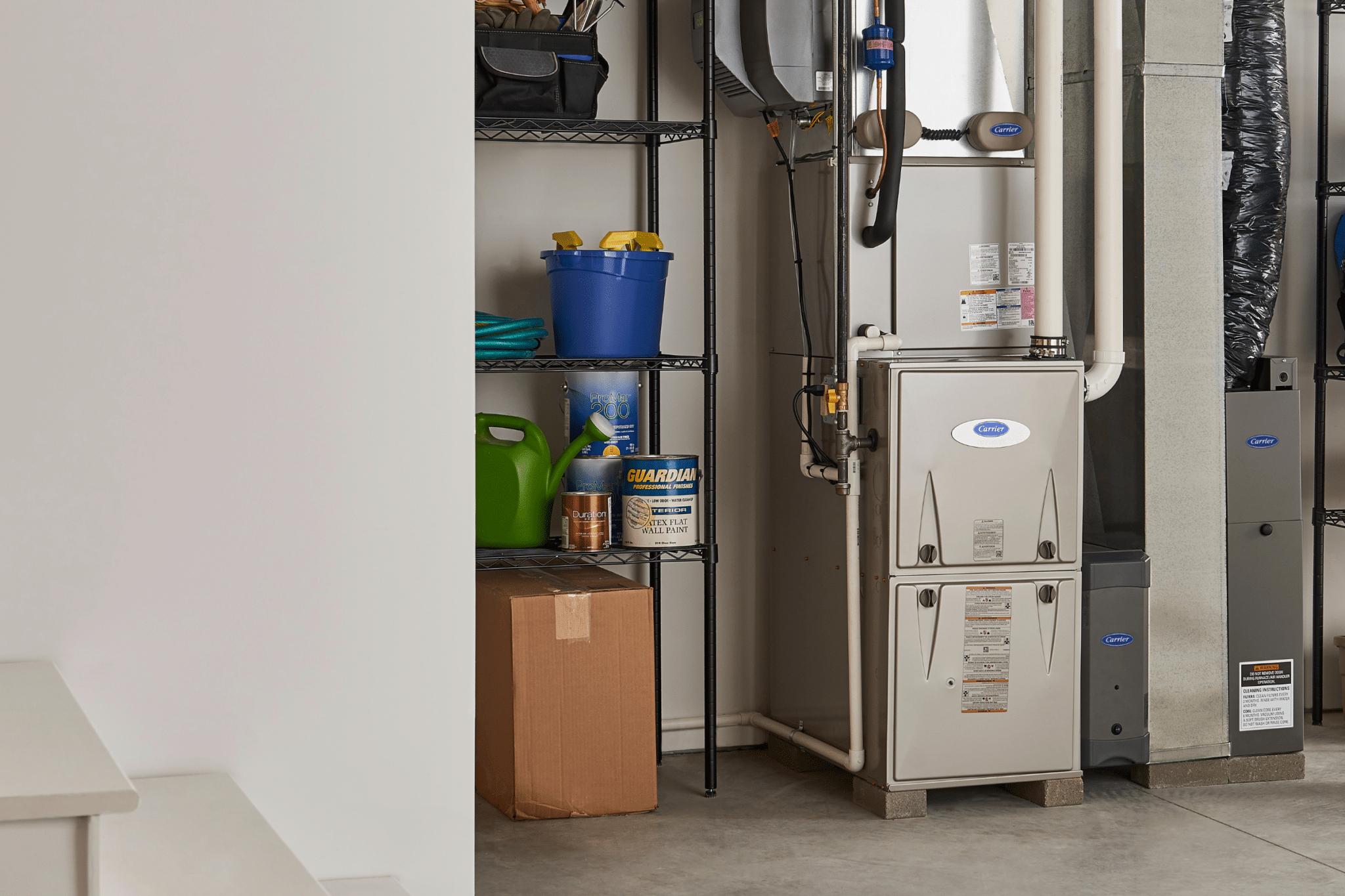This article is your complete guide to find out if electric heat pumps are energy efficient! Not only is a heat pump energy efficient, but it also is cheaper to run than other heating systems such as boilers or electric heaters. We’ll discuss this and how it works in the article below!
Here at The Energy Professor, we want to give you the information you need to not only save money on your energy bill but to also become more energy efficient. We hope find this post helpful! It makes it easier for you to know more about electric heat pumps. Be sure to also check out our one-of-a-kind energy savings calculator!
The Energy Professor Electricity Rate Check Tool
Is An Electric Heat Pump Energy Efficient?
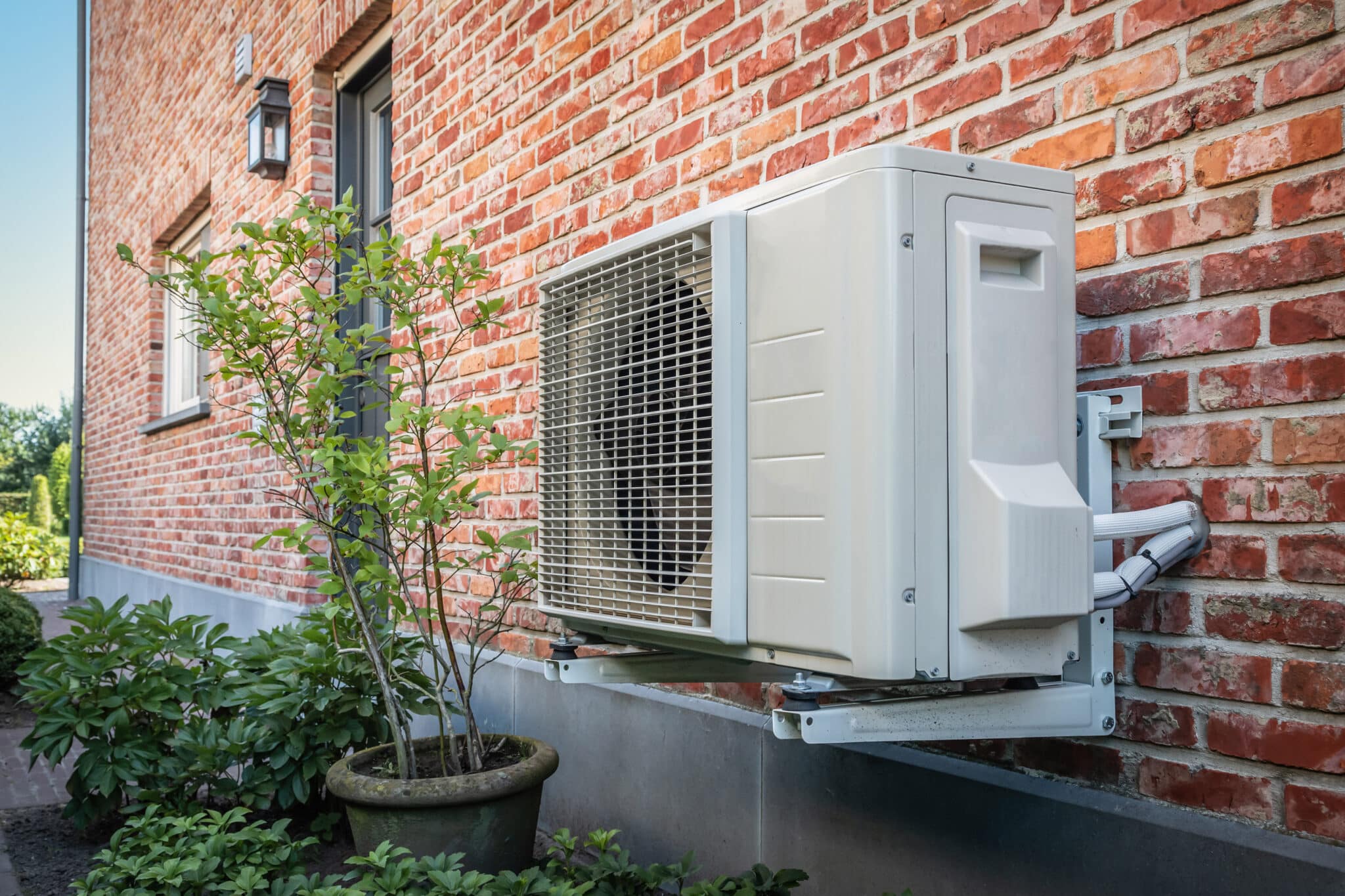
Yes! Electric heat pumps are extremely energy efficient when comparing them to conventional heating systems. Because they work by transferring energy rather than it being generated, electric heat pumps are far more efficient than conventional heating technologies. Not only is a heat pump efficiency greater, but it also is cheaper to run than other heating systems such as boilers or electric heaters.
Do Heat Pumps Use a lot of Electricity?
- No, while the amount of energy consumed by electric heat pumps can vary greatly, they do not use a lot of electricity. The power they use can range from 0.802 kilowatt-hours to 5.102 kilowatt-hours per hour. This translates to a cost of operation between $0.10 and $0.98 per hour.
The average amount of electricity used by pumping systems is between 1,000 and 7,5000 watts in cooler weather. The precise energy output will depend on the size pump you decide to install for your home. In terms of price, that will vary greatly depending on where you live and the climate you’re in. But on average, it costs around $207 to use a heat pump per month.
Related Post: How Much Does it Cost to Run a Space Heater?
What is a Heat Pump?
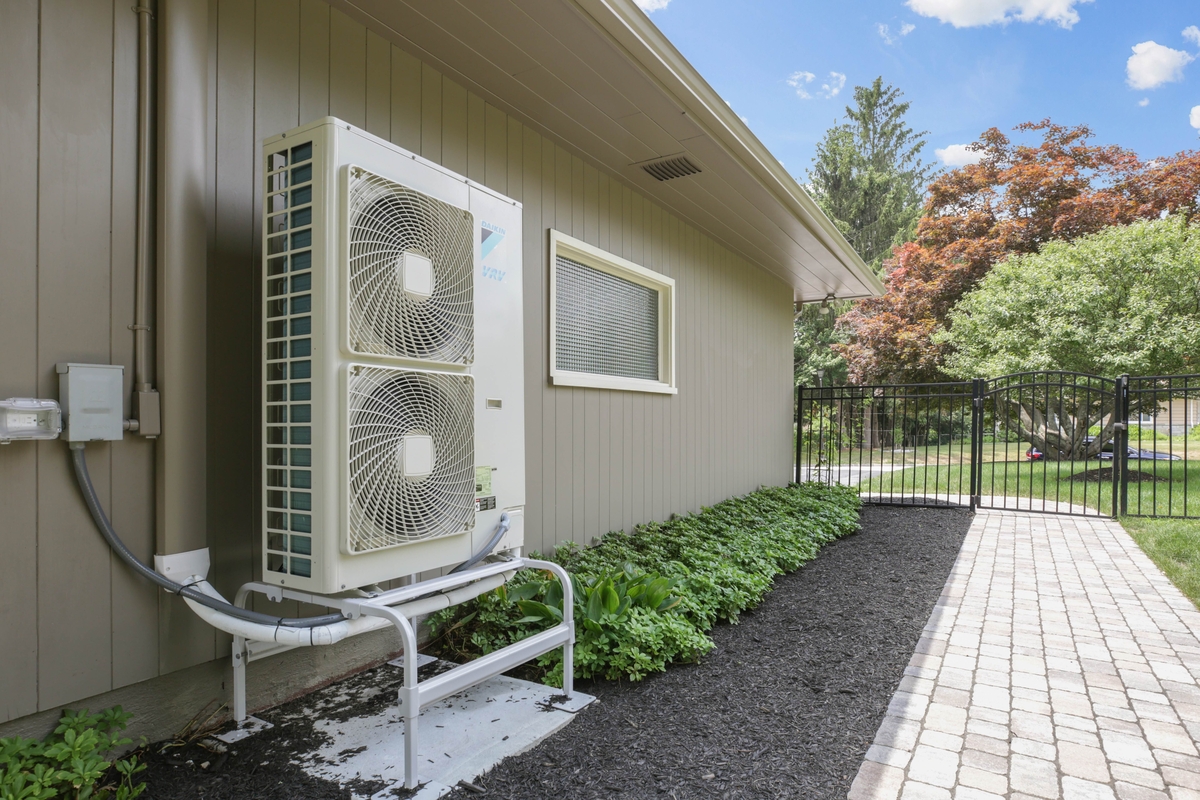
Heat pumps are devices mounted outside your home similar to an air conditioning unit. Contrary to its name, an electric heat pump can be used for heating and cooling your home all year round. During the cooler months, electric heat pumps move heat from the cooler outdoors into your house. And vice versa for the warmer summer months. Because these pumps transfer heat rather than generate it, electric heat pumps can efficiently provide comfortable temperatures for your home year-round.
What are the Disadvantages of a Heat Pump?
- Higher installation cost
- Reduces its efficiency in colder weather
- Shorter lifespan than other units.
The most common downside to a heat pump is its reduced efficiency in cold weather. Taking in the air from outside when the temperature drops can be difficult for your unit. To overcome this, many heat pumps have a less efficient backup heating element. This can raise your energy bill drastically without your knowledge and could come as a big shock when you get your monthly statement.
Related Post: How much does an Air Conditioner Cost to Run?
Heat Pump vs. Furnace: Which Heating System Is Right For You?
Electric heat pumps have grown in popularity over the past couple of years. This is mostly due to how energy-efficient and cost-effective they are. But are they that much better at heating your home than a traditional furnace? We’ve broken down some cost information between the two heating devices below. This way, you can determine for yourself which is better for your home!
How much more Expensive is a Heat Pump vs. a Furnace?
Furnace:
- Upfront Cost – $2,000 – $24,000
- Operating Cost – $400 – $2,200
- Maintenance Cost – $50 – $300
- Life Span – 20 years
Heat Pump:
- Upfront Cost – $3,500 – $20,000
- Operating Cost – $230 – $2,200
- Maintenance Cost – $100 – $200
- Life Span – 15 – 25 years
As you can see, for the most part, heat pumps and furnaces run pretty neck and neck. This is why it’s no secret that the biggest advantage to choosing a heat pump is that it’s the more energy-efficient option. But there are other heating options to consider as well! So let’s dive into how an electric heat pump holds up to other heating methods.
Related Post: What is the Average Monthly Gas Bill in the US?
Baseboard Heat vs. Heat Pump
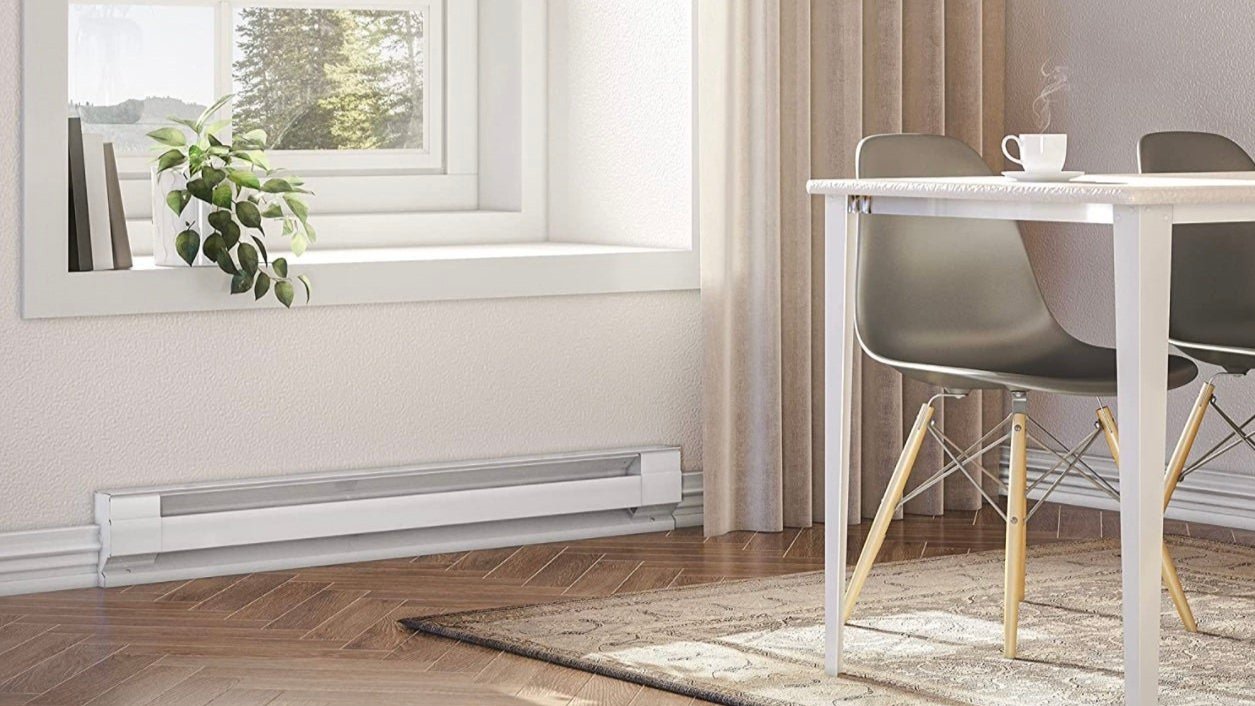
Before built-in air systems were standard, the more traditional option to heat your home was by electric baseboards. Newer ductless electric heat pumps provide advanced heating and cooling technology for these homes. Since up to half the energy used by your home goes to heating and cooling, your choice can have a significant impact on your monthly energy costs and your carbon footprint.
Is it Cheaper to Heat with a Gas or Heat Pump?
- Electric Heat pumps typically require a higher initial investment but may save money on your energy bills over time. A heating system may be the better option due to its higher efficiency and better temperature control capabilities.
What is cheaper to run—a heat pump or a gas furnace? Heat pumps are often cheaper to run than gas furnaces, but this often depends on energy costs in your state. Overall, heat pumps are up to 3x more efficient than traditional heating, like gas furnaces, so they use less energy to produce the same amount of heat.
Related Post: How to Save on Your Gas Bill
Are Electric Heat Pumps Energy Efficient FAQ

Q: Does a Heat Pump use more Electricity than an Air Conditioner?
A: Heat pumps are more energy-efficient than air conditioners as they don’t consume as much electricity. They dehumidify the air better than standard AC units, resulting in less energy use. Heat pumps are also more efficient than electric resistance heating sources.
Q: Do heat pumps use a lot of electricity?
A: Heat pumps can use significant electricity, especially in colder temperatures, but they are often more efficient than traditional electric heaters, providing more heat for the same energy input.
Q: Do you save money with a heat pump?
A: In milder climates where they operate efficiently, heat pumps can save money on heating costs compared to traditional heating systems. However, savings depend on local energy prices and the specific conditions of use.
Q: What is the downside of an electric heat pump?
A: The downside of an electric heat pump is that its efficiency decreases in extremely cold temperatures, making it less effective and potentially more costly in colder climates.
Q: Is it cheaper to heat with gas or a heat pump?
A: It depends on your local energy prices and climate. In milder climates and where electricity is cheaper, heat pumps are often more cost-effective. In colder climates or where natural gas is cheaper, gas heating might be more economical. Always check local energy prices to determine the best option for your situation.
Do you Need Cheaper Electricity?
If you’ve taken the time to understand the information on your bill and discovered you’re paying more than you’d like for your electricity, have you looked around for a cheaper deal? The Energy Professor has a wealth of information on ways to save on your utilities, including details of top deals that could significantly reduce your monthly or quarterly electricity bills.
We hope you found this article helpful! If you are looking for ways to increase energy efficiency and sustainability in your home be sure to take a look at all of the latest renewable energy options in your area. The Energy Professor helps residential and small business owners find qualified energy suppliers in New York, New Jersey, Pennsylvania, Texas, Ohio, Maryland, Illinois, and Massachusetts.

